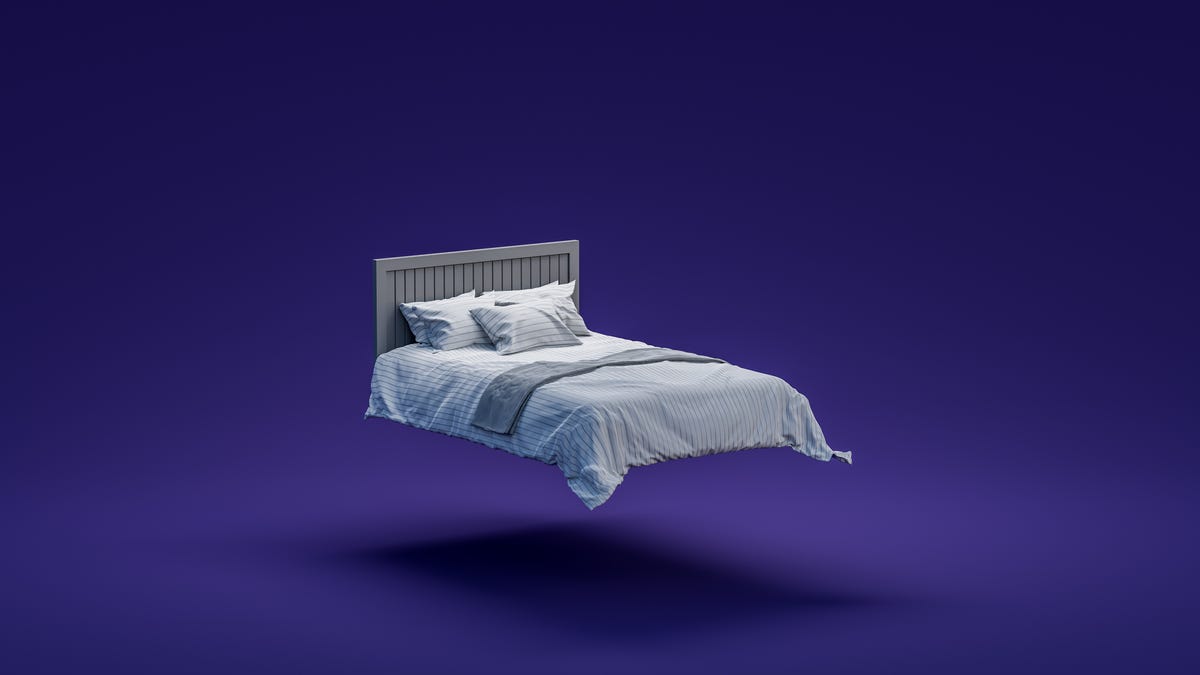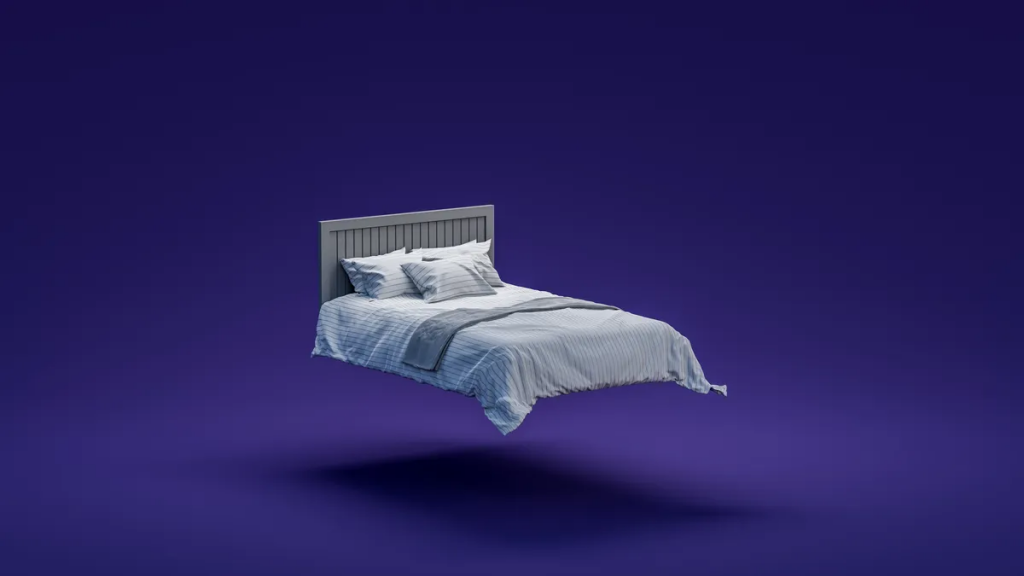Are you struggling to get a good night’s sleep despite following all the advice on sleep hygiene? It turns out that not all the tips and tricks you’ve heard about creating the perfect sleep environment are actually based on science. In this article, we’ll debunk some common sleep hygiene myths and help you get the restful night’s sleep you deserve.

Separating Truth from Fiction: Common Sleep Hygiene Myths Explained
When it comes to sleep hygiene, there are many myths that can be misleading and prevent you from getting the rest you need. Let’s debunk some of the most common misconceptions:
- Myth: Watching TV helps you fall asleep. In reality, the blue light emitted from screens can actually disrupt your body’s production of melatonin, making it harder for you to fall asleep.
- Myth: You can “catch up” on sleep over the weekend. Unfortunately, it’s not as simple as that. Consistently getting less sleep during the week and trying to compensate on the weekends can lead to a cycle of sleep deprivation that is hard to break.
- Myth: Sleeping in a cold room is better for your sleep. While a cool room can help you fall asleep faster, being too cold can actually disrupt your sleep quality and make it harder for you to stay asleep throughout the night.
The Importance of Consistency in Sleep Habits
Consistency in sleep habits plays a crucial role in maintaining good sleep hygiene. Many people underestimate the impact of maintaining a regular sleep schedule, but the truth is, it can make a significant difference in the quality of your sleep.
When you go to bed and wake up at the same time every day, you help regulate your body’s internal clock, also known as the circadian rhythm. This consistency signals to your body when it’s time to sleep and when it’s time to wake up, making it easier to fall asleep and wake up feeling refreshed.
Additionally, maintaining consistent sleep habits can improve your overall sleep quality, reduce the risk of insomnia, and enhance cognitive function. If you find yourself struggling to stick to a sleep schedule, consider incorporating relaxation techniques, such as deep breathing or meditation, into your nightly routine. Remember, small changes can lead to big improvements in your sleep hygiene.
Debunking Misconceptions About “Catching Up” on Sleep
There are several myths surrounding the idea of “catching up” on sleep, but it’s time to set the record straight. Let’s debunk some common misconceptions about sleep hygiene:
Catching up on sleep during the weekend makes up for lost sleep during the week. This is a common belief, but unfortunately, it’s not entirely true. While a weekend lie-in can help reduce the effects of sleep debt, it doesn’t fully compensate for the lack of sleep during the week. Consistency is key when it comes to getting enough rest.
You can train your body to need less sleep. While some people may claim they only need a few hours of sleep each night, this is not sustainable in the long run. Most adults need 7-9 hours of quality sleep to function optimally. Trying to skimp on sleep can lead to negative health consequences in the future.
Practical Strategies for Improving Sleep Hygiene
Many people believe that drinking alcohol before bed helps them fall asleep faster, but in reality, alcohol disrupts the quality of sleep by preventing deep REM sleep.
Another common myth is that watching TV in bed helps you relax and fall asleep. In fact, the blue light emitted from screens can interfere with your circadian rhythm and make it harder to fall asleep.
Instead, try these practical strategies for improving your sleep hygiene:
- Avoid caffeine and heavy meals close to bedtime
- Establish a consistent sleep schedule
- Create a relaxing bedtime routine
- Make your bedroom a comfortable and dark environment
In conclusion, it is important to separate fact from fiction when it comes to sleep hygiene. By debunking these myths, we can better understand how to improve our quality of sleep and overall well-being. Remember, the key is to prioritize a consistent bedtime routine, create a conducive sleep environment, and listen to your body’s natural cues. Sleep well, and sweet dreams!

